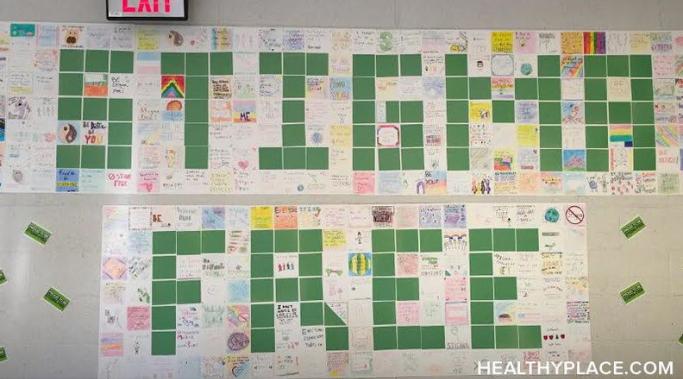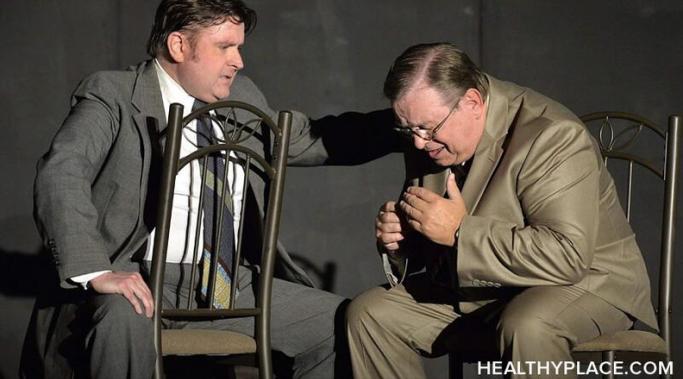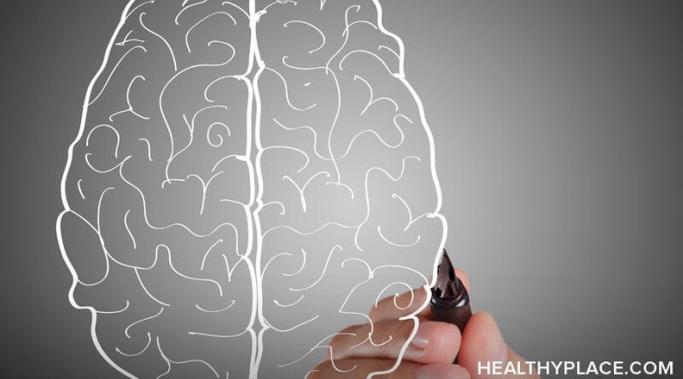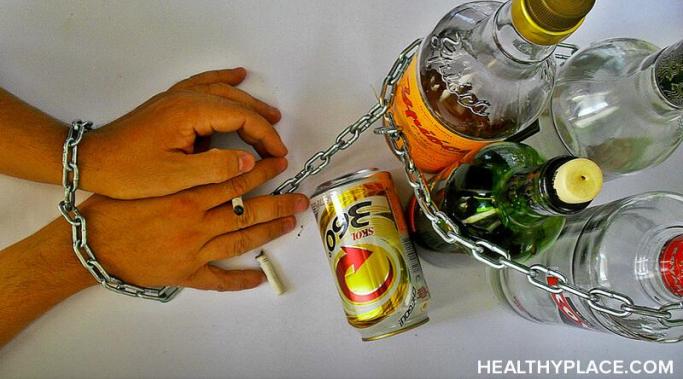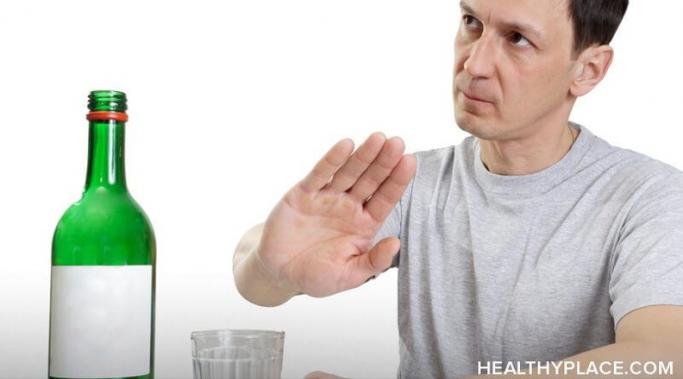At times, I feel a certain stigma of addiction when I tell people that I have been to rehab for addiction to alcohol. It’s something that really bothered me in early sobriety because, even then, I saw going to rehab as a positive thing that was done to improve a person’s life. I know that when I went to rehab for alcohol abuse treatment, it was because I truly wanted to change my life and fix the mess that I was in. So, when I was met with stigma about going to rehab, it made me angry and frustrated. Since that time, I have continued to be very open about my alcoholism and my recovery, and I have learned some ways to get over the stigma of addiction.
Addiction Recovery
My lack of emotional maturity during my active addiction caused me to stuff down my feelings. Thinking, “I have to feel my feelings?” caused me great fear when I started sobriety. Whenever I started working through a 12-step program, dealing with emotions felt like opening a closet door with a big, scary monster inside of it. The scary monster was all the feelings I’d stuffed in there, during the decade I used. I was emotionally immature and didn’t have tools to handle the ups and downs of life. Getting drunk or high was my response to every feeling. For example, if you made me angry, I would get "drunk at you" for revenge. It really was as silly and self-destructive as it sounds. I was so scared of that monster, my emotions in the closest, that I’d rather self-destruct than face them.
I have a mental illness and an addiction. I honestly didn’t care if I lived or died, during my decade long drug and alcohol addiction. Which is why I tried and failed at sobriety so many times. My addictions co-occurred with a mental illness called bipolar disorder. A depressive stage of bipolar, even sober, can leave me hopeless. I'd lose interest in all the things that mattered to me before. It didn’t matter to me if I got sober. There were no consequences strong enough to make me want to stop because I didn’t care if I ever saw tomorrow. I didn’t make plans for my future because I really didn’t want one. It was a slow suicide.
Twelve-step programs are probably the best-known programs for addiction recovery, but do they work? In my opinion, they can work – but it takes other addiction treatments as well. So, what part do 12-Step programs for addiction recovery play?
If you have ever suffered from any kind of addiction, then you know that dealing with addiction cravings to avoid relapse isn’t easy. It’s an overwhelming feeling of need that feels like it can only be satisfied by going back to your addiction. I know how it feels – in early sobriety, I had intense addiction cravings that felt all-consuming. I had to learn to deal with them, or I was in danger of relapsing. For me, learning how to deal with the addiction craving was the key to avoiding relapse.
My name is Misti Kuykendall and I’m a new author on Debunking Addiction. I am a recovered alcoholic and methamphetamine (meth) addict. At the early age of 13, I was diagnosed with bipolar disorder. For more than a decade, I used alcohol to ease my symptoms of mania and meth to ease depressive symptoms.
Overcoming regret in addiction recovery can feel impossible because when a person is in active addiction, he or she tends to repeat the same mistakes over and over. I’ve been there, I know the guilt, shame and embarrassment that accompany regret, and I know how important it is to find a way to overcome it. It’s important because regret can be a huge obstacle to people getting better and a huge risk for relapse. That happened to me, too. I wasn’t able to deal with my regret and that caused me to go back out and drink – time and time again. Since then, I have learned that even though regret is painful, dealing with it is part of the recovery process and healing. It is possible to overcome regret in addiction recovery, even if it isn’t easy.
Addiction recovery apps are some of the newest mental health apps that could help you in recovery. Today, there are more and more mobile applications for those in addiction recovery that are designed to address a number of needs. I’ve tried many of them over the years, found some of them to be really helpful, and I’ve continued to use a handful of them. I thought that I would share some of the addiction recovery apps that I think you should try.
If you spend any time at all in the rooms of Alcoholics Anonymous (AA), you will likely hear the term “dry drunk” referring to someone who is in addiction recovery and, in fact, still sober. I didn’t understand the term until I had been in the program for a while. I wondered to myself how could someone be a drunk when they were remaining sober. However, I learned that sobriety isn’t the same as recovery and a dry drunk is sober, but not actively recovering from his or her addiction.
One of the most important ways I have learned to deal with triggers in addiction recovery is using the H.A.L.T. acronym. If you have been to treatment for addiction, then you likely know what I am talking about. H.A.L.T. stands for hungry, angry, lonely, tired and it refers to the things that you should pay attention to when you are feeling restless, irritable or discontent. What I have learned is that when I am feeling that way, it’s probably that I am hungry, angry, lonely or tired, and that if I address the underlying feeling, then I feel better. Using H.A.L.T. in addiction recovery is a simple way to avoid triggers and get to the heart of what’s really bothering you.
